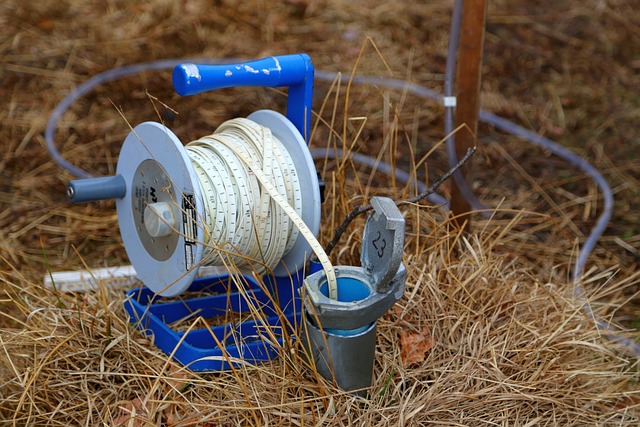Uncovering the Hidden Threat: Understanding Underground Water Pollution
Water is the source of life, essential for sustaining all living beings on our planet. However, the unseen and often overlooked issue of underground water pollution poses a significant threat to our most precious resource. As we delve into the depths of this pressing environmental concern, it becomes clear that the impact of this silent contamination extends far beyond the surface, affecting the very foundations of our ecological and human wellbeing.
The Invisible Culprits: Causes of Underground Water Pollution
Underground water, also known as groundwater, is the water found beneath the Earth’s surface, trapped within the porous spaces of soil, sand, and rock. This vast network of aquifers and subsurface water bodies is vital for drinking, agricultural, and industrial purposes. Unfortunately, these hidden water sources are vulnerable to a range of pollutants that can seep in and compromise their purity.
One of the primary causes of under ground water pollution is the improper disposal of industrial and agricultural waste. Hazardous chemicals, heavy metals, and toxic substances can leach into the soil, eventually making their way into the groundwater system. Similarly, the overuse and improper application of pesticides, fertilizers, and other agricultural chemicals can lead to the contamination of underground water reservoirs.
Another significant source of underground water pollution is the aging and faulty infrastructure of septic systems and underground storage tanks. Leaks and spills from these systems can release a variety of pollutants, including bacteria, viruses, and organic compounds, into the groundwater. Additionally, the improper disposal of household hazardous waste, such as paints, solvents, and motor oil, can also contribute to the problem.
The Ripple Effect: Consequences of Underground Water Pollution
The consequences of underground water pollution extend far beyond the immediate contamination of the water source. As the polluted groundwater interacts with and feeds into surface water bodies, the impact can be felt across entire ecosystems, affecting both wildlife and human communities.
Contaminated groundwater can make its way into drinking water supplies, posing significant health risks to individuals who consume it. Exposure to pollutants such as nitrates, heavy metals, and organic compounds can lead to a range of health issues, including developmental problems, neurological disorders, and various forms of cancer.
Moreover, the impact of underground water pollution extends to agricultural systems, as polluted groundwater is often used for irrigation, leading to the contamination of crops and livestock. This, in turn, can have serious implications for food safety and security, as well as the livelihoods of farmers and rural communities.
The Imperative for Action: Addressing Underground Water Pollution
Addressing the issue of underground water pollution requires a multifaceted approach that combines regulatory measures, technological advancements, and community engagement. Governments and policymakers must enact stricter regulations and enforcement mechanisms to prevent the improper disposal of hazardous waste, ensure the proper maintenance of infrastructure, and promote sustainable agricultural practices.
Advancements in groundwater monitoring and remediation technologies, such as bioremediation, pump-and-treat systems, and permeable reactive barriers, offer promising solutions for identifying and mitigating underground water pollution. These innovative approaches can help to restore the quality of contaminated groundwater and prevent further degradation.
Equally important is the role of community education and awareness. By empowering citizens to understand the importance of groundwater, the risks of pollution, and the steps they can take to protect this vital resource, we can foster a culture of environmental stewardship and collective responsibility.
Conclusion
Underground water pollution is a silent, yet pervasive, threat to our global water resources. As we grapple with the complexities of this issue, it becomes increasingly clear that safeguarding our groundwater is not only an environmental imperative but a matter of human health, food security, and societal wellbeing. By addressing the root causes, implementing effective solutions, and engaging with communities, we can work towards a future where our hidden water sources are protected and preserved for generations to come.

Leave a Reply